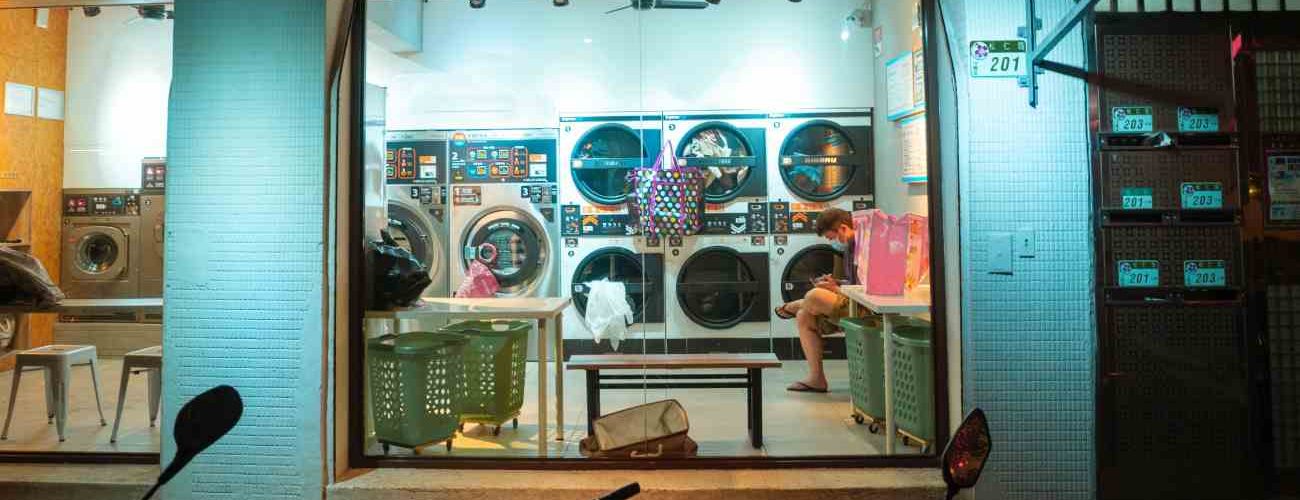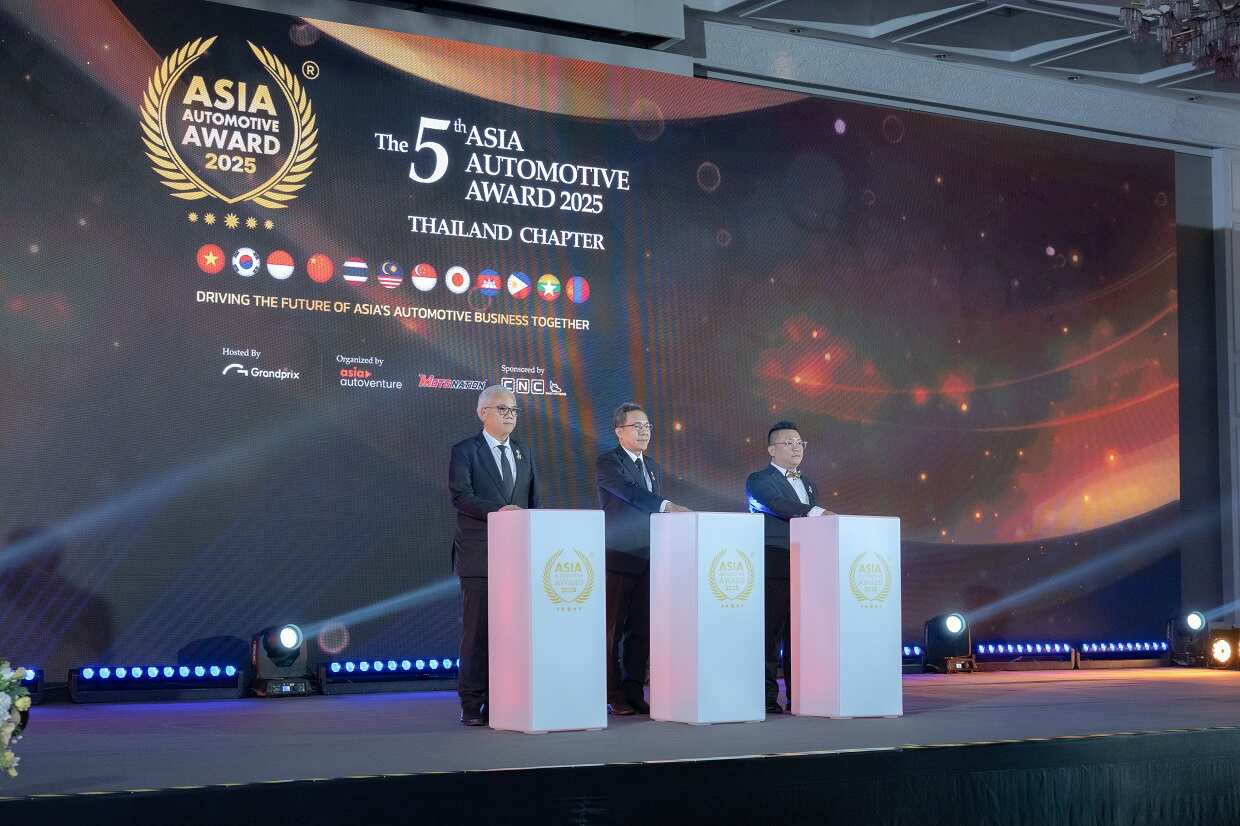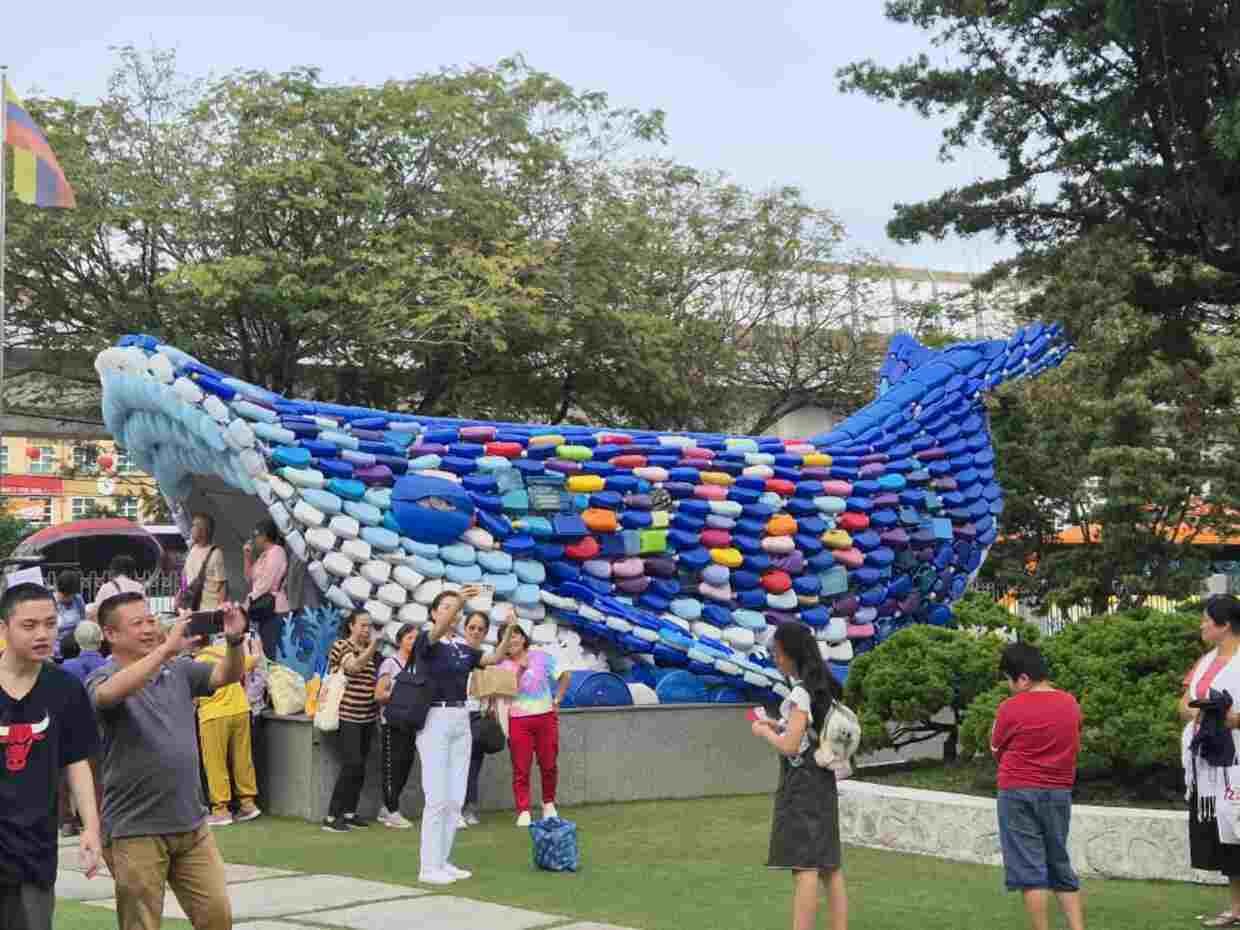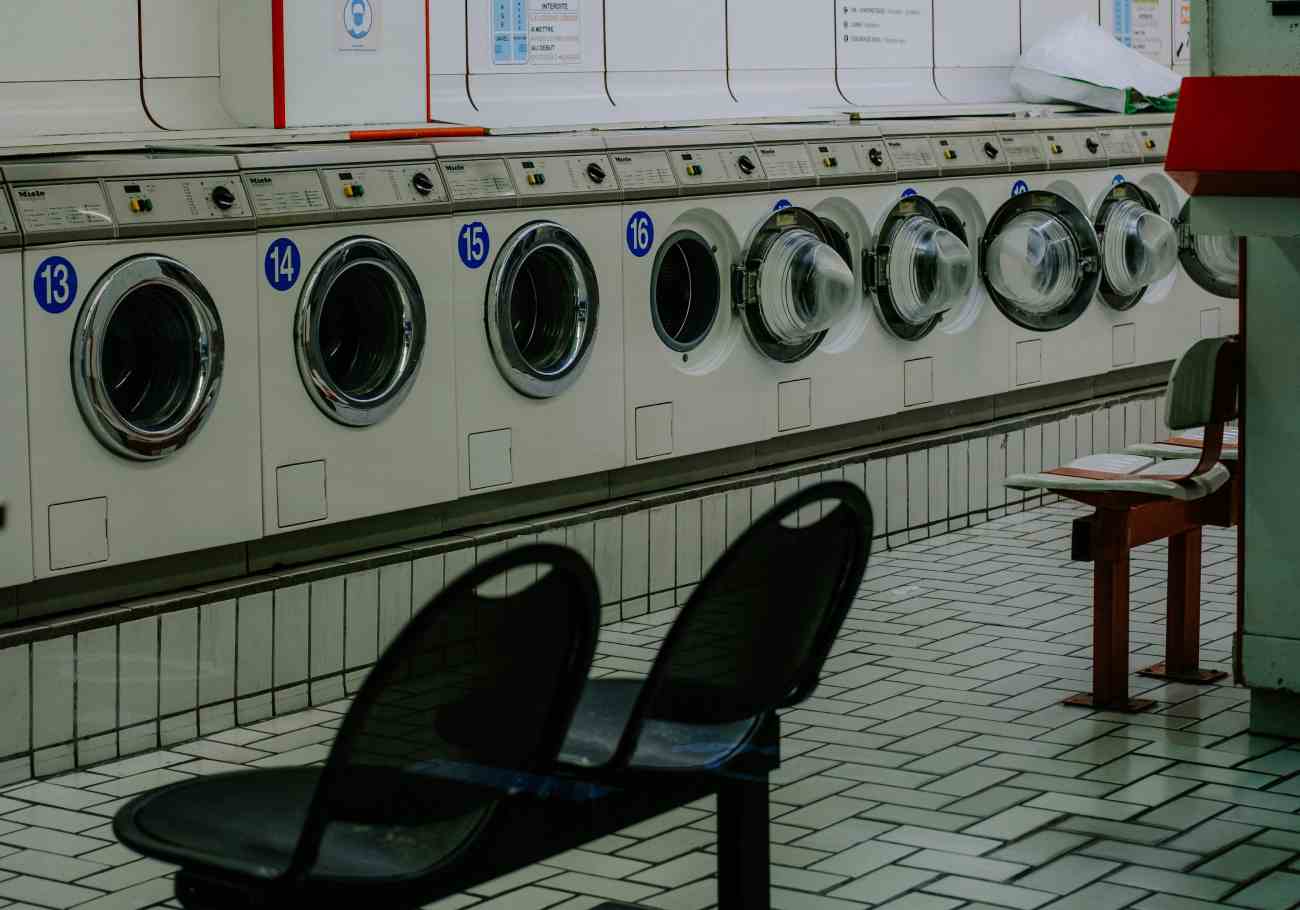
In Malaysia, people often speak of the unifying power of ‘teh tarik’ sessions at the local ‘mamak’. However, there’s another activity that holds a similar social impact – the shared experience of waiting at the laundromats or ‘dhoby.’
The recent surge in laundromats, despite widespread ownership of washing machines, has brought unparalleled convenience, creating a unique social environment that transcends age, gender, and cultural boundaries.
It is reasonable to infer that a majority of individuals, spanning various demographics, have utilised laundromats at least once in their lives.
Laundromats: Nurturing social cohesion and inclusivity
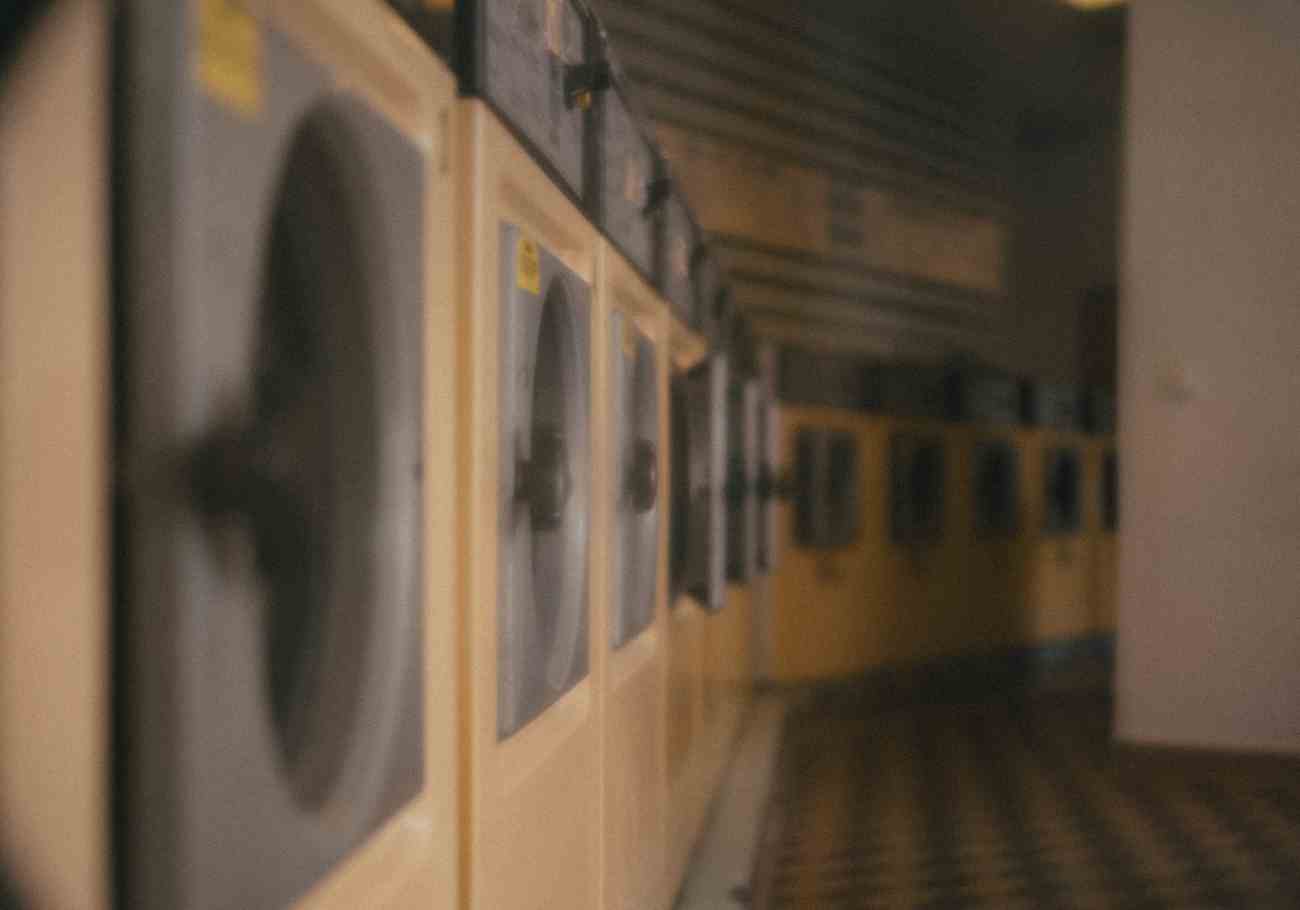
At ‘Dobi Express’ in Bandar Baru Farlim, Devi, a 61-year-old woman, reflects on her weekly visits, saying, “I spend about RM12 per week to wash my laundry. I used to have a washing machine at home, but it is broken now.”
Devi not only attends to her laundry but also assists others in navigating the machines, creating a sense of community.
Coincidentally, post-Deepavali, Kalaichalvi, 51, waits for her curtains to complete the spin cycle. Opting for the laundromat for its large machines accommodating up to 25 kg of wash, she notes the limitations of home washing machines for larger items.
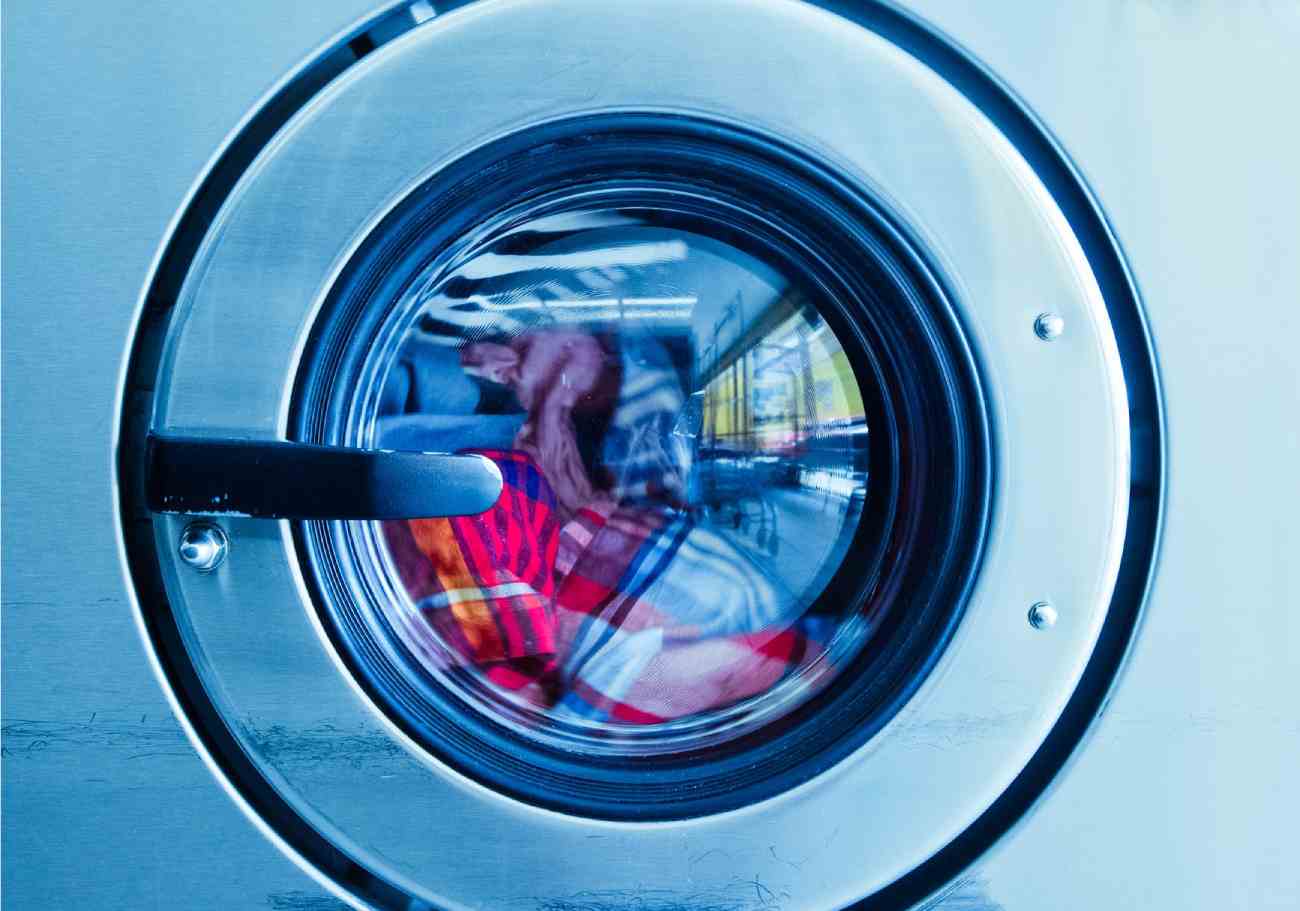
Amidst the rhythmic hum of washing machines, a couple drew attention with a captivating scene. Engaged in choreographed movements reminiscent of Bollywood dance, they gracefully handled a large fabric – pulling closer in perfect harmony, drifting apart, and converging again.
Their subtle yet engaging gestures illustrated how ordinary household chores can intricately weave intimacy and companionship into daily life.
Also present at the laundromat was Fazrul Illahi bin Razali, a 31-year-old male nurse from the General Hospital. Effortlessly transferring his laundry to the dryer, Fazrul demonstrated a willingness to share household responsibilities.
He expressed his belief in the importance of couples sharing such duties, stating, “There is nothing wrong with men doing the laundry.” This showcased a progressive approach to domestic chores, breaking stereotypes and promoting equality in household tasks.
Community dynamics at ‘Coin & Wash’
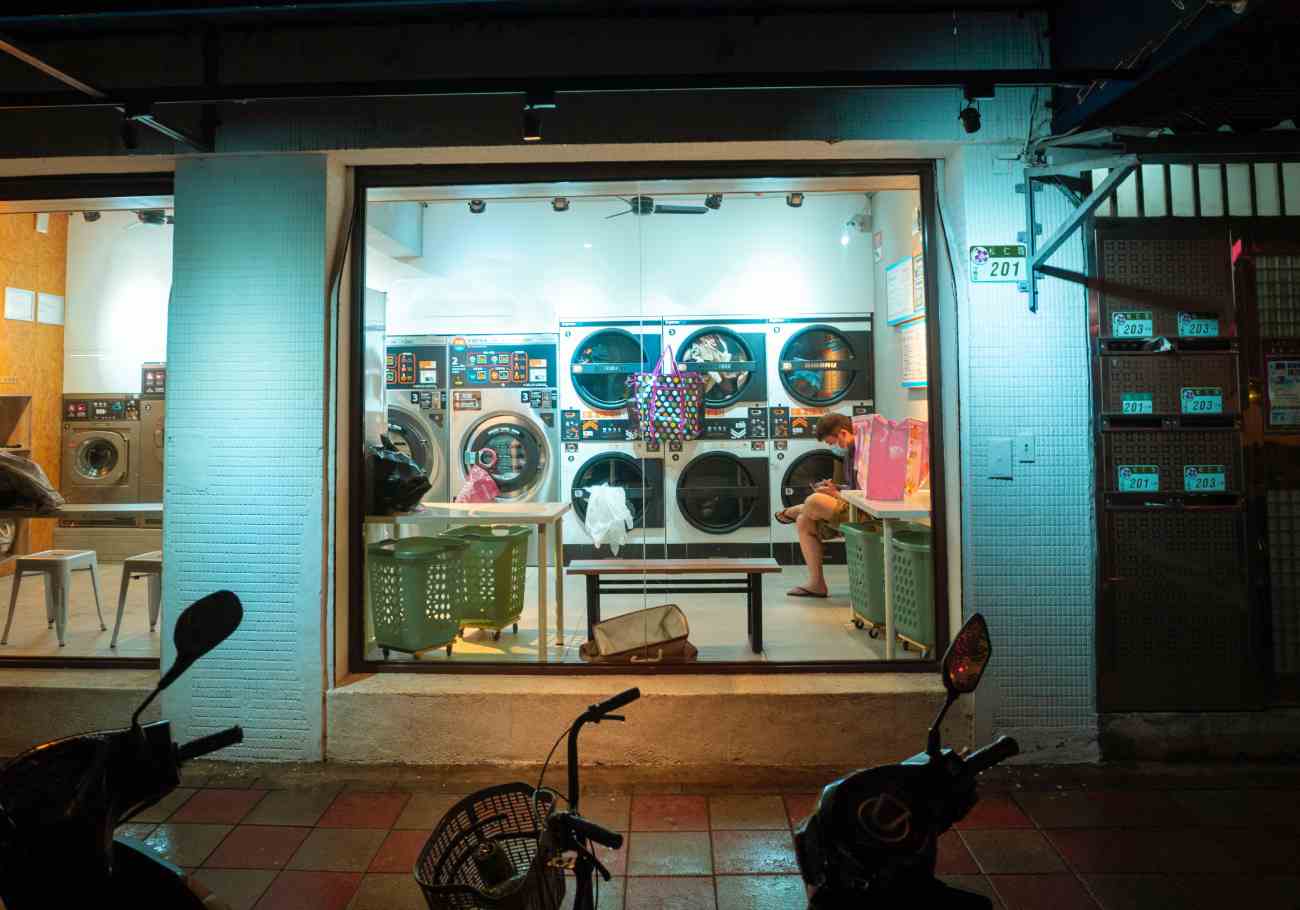
At All Season’s Place laundromat, Fong Eng Kiem, the ‘Coin & Wash’ outlet’s person-in-charge, meticulously smoothed creases and aligned laundry stacks by colour. Introducing a convenient ‘Drop and Go’ service, she mentioned customers could effortlessly leave and pick up their laundry later.
A group of men, accompanied by trolleys loaded with dirty linen, awaited the completion of their laundry. Inquiring about their purpose, it was revealed they were laundering for a workers’ dormitory, approaching year-end deadlines.
Owner Lee Chun Keat highlighted the laundromat’s frequent handling of bulk washes, a common practice for businesses. The membership card system proved popular among enterprises, allowing employees to do laundry with preloaded cards, offering both convenience and discounts.
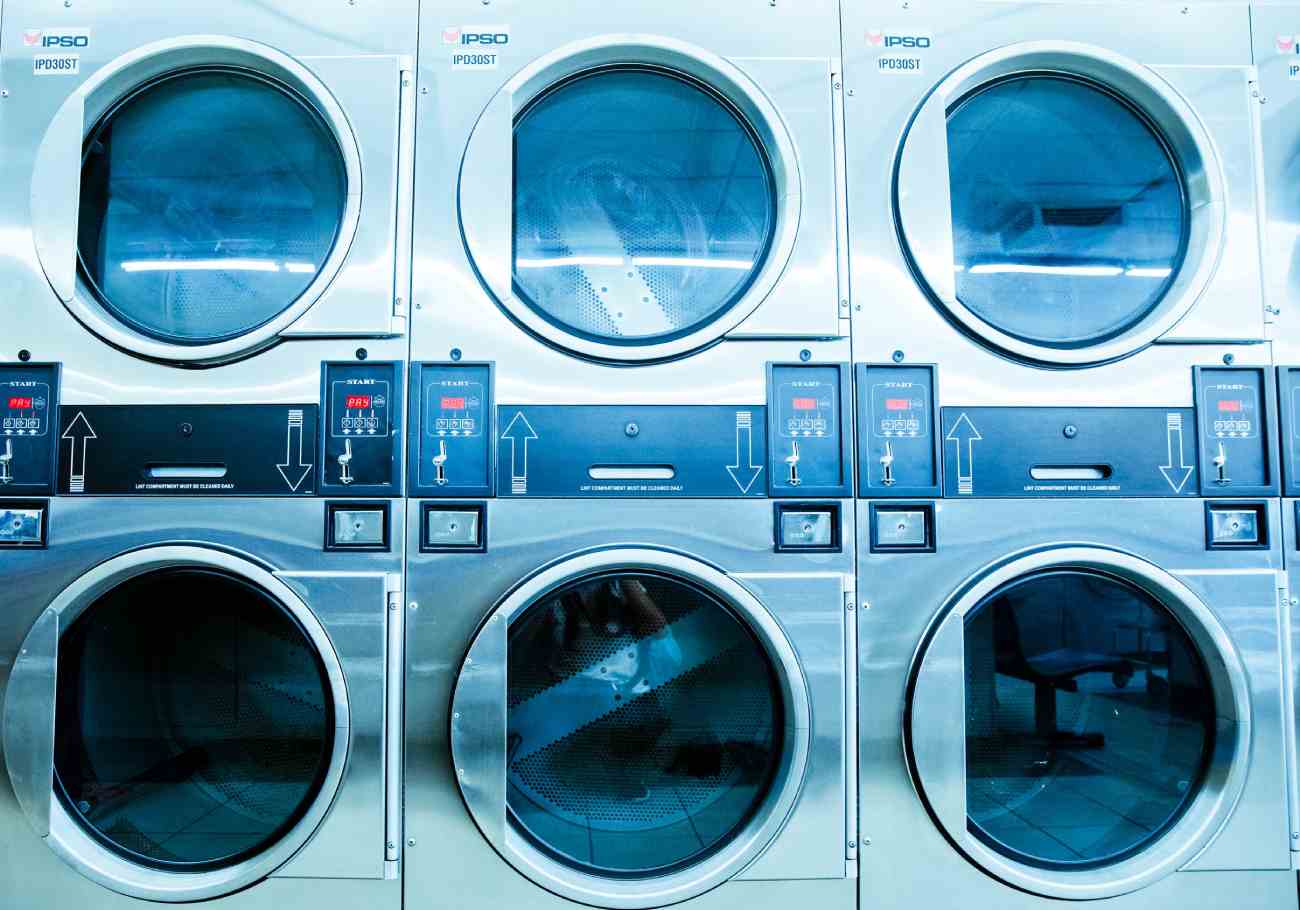
A regular user of self-service laundry, Melissa Lim, 48, said that she spends between RM14 – RM20 per visit to the laundry. “I wash my laundry weekly on my off day, but every fortnight, I will use two machines to do additional laundry,” said Lim.
“The dryers are particularly useful to me. If I wash my clothes at home, I will have to wait for the sun to dry them.” Cassandra How, in her 20s, is another regular user of self-operated laundry services, said, “I work nearby, and these laundromats are very convenient for me as I am just within walking distance. I don’t see the need to buy my own washing machine.”
Another frequent visitor, often accompanied by her son and daughter, shared, “My children consistently assist in folding clothes. It’s more efficient, and I see it as a wonderful chance to bond and impart valuable lessons on independence for their future.”

Laundromats, as agents of change, challenge stereotypes and dismantle the long-standing notion that laundry is solely a woman’s responsibility. No more do we witness women beating laundry with sticks or scrubbing garments on riverside boards.
The distant echoes of these practices are now preserved in the Say Por Kiew coffee shops at Dato Keramat Road, named in Hokkien after the laundry services once provided by the Indian community since the 19th century.
In the past, expansive white sheets gracefully danced by the river and under the bridge of Say Por Kiew (translated as ‘washing clothes bridge’), or the Dhoby Ghaut of Penang, where they were hung out to dry. Dhoby Ghaut, situated between Air Itam Road and York Road, marks the convergence of Sungai Air Itam and Sungai Air Terjun.


